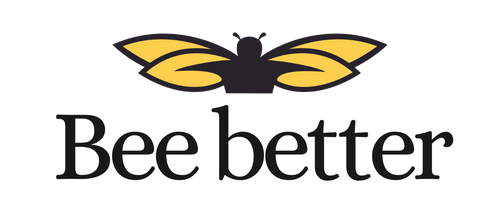Important Context
This title may sound alarming, and I am not attempting to discourage the use of herbal teas whether you enjoy them for medicinal purposes or simply for daily enjoyment. However, as a herbalist and someone who loves creating herbal teas and consuming them myself, I feel compelled to educate you on what I have learned about the herbal industry in North America.
It is important to understand this simple reality, when you go to the store and browse the tea aisle, that exact herbal tea you are looking at is not only in that store but has been stocked at every single location of that particular retail store across North America. This is simply how retail contracts work. To put this into perspective, there are 402 Wal-Mart locations in Canada alone, so that tea you are considering purchasing has been mass produced in a facility by the tens of thousands. This massive corporation, which usually has a monopoly on the industry, needed to source ingredients like chamomile form a variety of global sources as they need an enormous amount to fulfill their retail contracts. This corporation has one primary goal, to maximize profit by reducing costs at every possible opportunity. This commonly results in the quality of the herbs being very poor, and often being contaminated with microplastic and toxic metals as a result of the mass production of herbs which has become completely removed from traditional and ethical agricultural practice.
The Evidence
According to McGill University researchers, a cup of tea may be a cure-all for rainy days, but the comforting cup of the brewed beverage may also contain a dosage of micro- and nano-sized plastics shed from plastic bags. The new research, which was published in the American Chemical Society journal Environmental Science & Technology, recommends more research is required, even though the potential health impacts of swallowing these particles are still unknown.
In addition to the use of this extremely cheap and likely toxic plastic tea-bag that most tea companies store their herbs in, you do not have to look far to find countless examples of contamination in herbal teas. Health Canada is advising Canadians that one lot of “Throat Coat Lemon Echinacea” herbal tea is being voluntarily recalled by Traditional Medicinals after a company supplier found Salmonella contamination in a tea ingredient (lemon myrtle leaf).
What can we do?
The most important thing is to never consume tea that has been sold in tea bags, as this plastic is not safe when heated and should not be consumed regardless, but especially by someone who is likely consuming tea to live a healthier life. Only purchase loose leaf tea and steep it in a stainless-steel steeper. Additionally you should purchase teas from smaller boutique stores that can identify where their herbs were grown and sourced from. They should also be able to ensure that they did not use herbicides in the harvesting process.
This is in part what inspired me to start my company, Bee Better. We source all of our herbs from The Holy Mountain, in Greece, which is the largest and oldest recognized autonomous region on Earth. It is the largest monastic community to exist, and the monks who live there have preserved the environment since ancient times, so the flowers that grow there are highly effective and consistent with their natural botany. They have also taken vows against technology, and absolutely refuse to use herbicides, pesticides, or any other unnatural agricultural practices. The herbs that grow there are also wildcrafted, which means that they have survived and evolved in harsh, dry climates, which is what is often responsible for flowers developing healing properties that are so beneficial to humans. For example, many of the active ingredients in Saffron are a direct result of its historical climate which initiated the plant to evolve self-healing properties.


